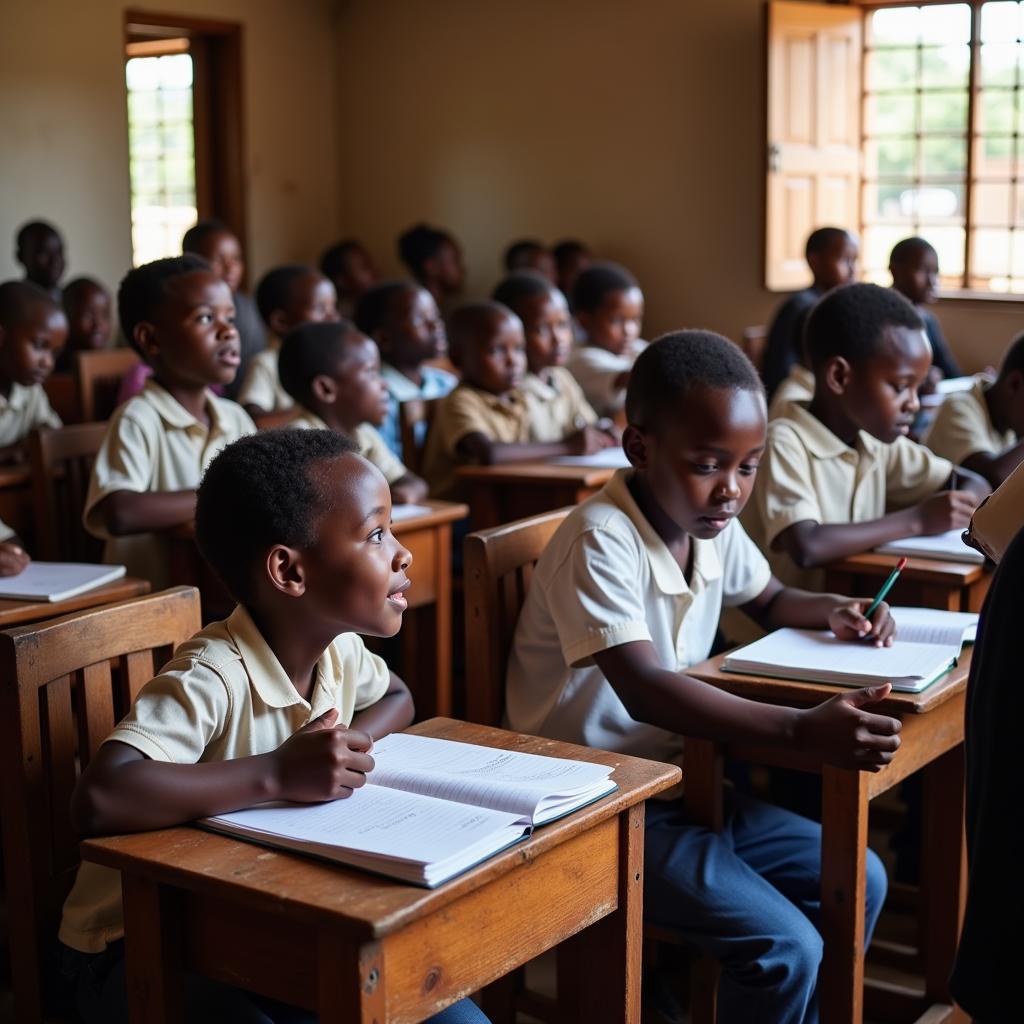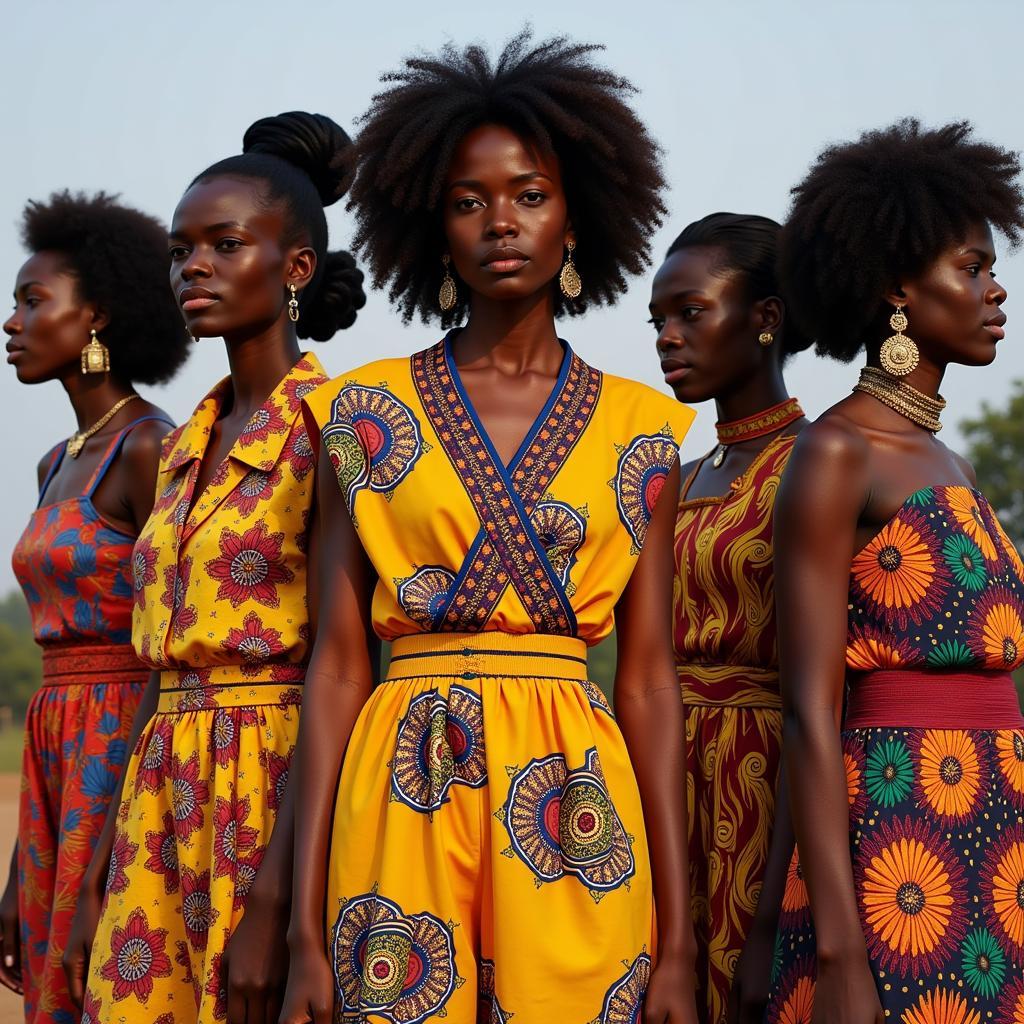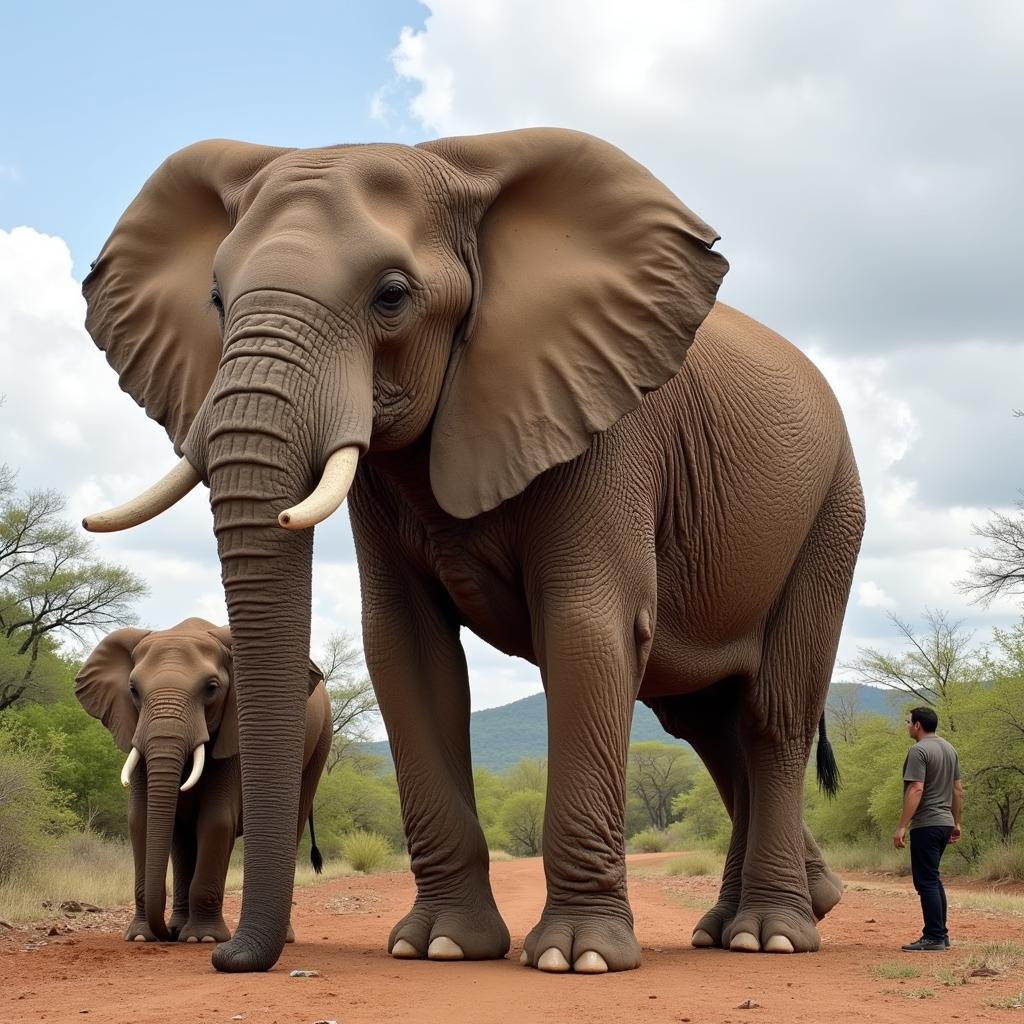Exploring African Canadian Language: A Rich Tapestry of Cultures
African Canadian Language is a fascinating area of study, reflecting the diverse origins and experiences of African Canadians. It’s not about a single, unified language, but rather a complex interplay of languages brought from Africa, the evolution of dialects within Canada, and the influence of the dominant English and French languages. This article delves into this linguistic landscape, exploring the historical context, cultural significance, and ongoing evolution of language within African Canadian communities. See how language plays a vital role in identity, community building, and the preservation of cultural heritage.
The history of African Canadians is intrinsically linked to the transatlantic slave trade, which forcibly displaced millions of Africans from their homelands. This displacement had a profound impact on language, as enslaved people were often separated from others who spoke the same language, creating a need for new forms of communication. This led to the development of creole languages in some regions, blending elements of African languages with European languages. Within Canada, these linguistic traditions continued to evolve, shaped by the specific social and geographic contexts of different communities. This resulted in a vibrant and diverse linguistic landscape among African Canadians. Check out more about African communities in Canada.
The Influence of African Languages on Canadian English and French
While English and French are the dominant languages spoken by African Canadians, the influence of African languages can be observed in various ways. This includes subtle nuances in pronunciation, vocabulary, and grammatical structures. For instance, certain words and phrases originating from African languages may be incorporated into everyday conversations within specific communities. Furthermore, the rhythmic patterns and intonation of African languages can sometimes be heard in the way English or French is spoken.
Preserving Linguistic Heritage: Initiatives and Challenges
Preserving African linguistic heritage within Canada is crucial for maintaining cultural identity and passing down traditions to future generations. Various community organizations and educational institutions are actively involved in promoting language learning and cultural awareness. These initiatives range from language classes and workshops to cultural events and festivals. However, challenges remain, including limited resources, the declining number of speakers of certain African languages, and the ongoing pressures of assimilation.
How is African Canadian Language Expressed?
African Canadian language finds expression in various forms, including storytelling, music, and literature. These creative outlets provide a platform for exploring themes of identity, belonging, and cultural resilience. Moreover, they serve as a powerful means of transmitting cultural knowledge and values within and across generations. Read more on the African Children’s Choir Emmanuel and the power of music.
What are the Future Directions for Research and Community Engagement?
Further research is needed to document and analyze the diverse linguistic traditions within African Canadian communities. This includes studying the historical evolution of languages, the impact of language contact, and the role of language in shaping cultural identity. Furthermore, continued community engagement is essential for developing effective strategies for language preservation and revitalization. Explore related information about African Canadian Female creatives and their contribution to cultural preservation.
What are some common misconceptions about African Canadian language?
One common misconception is that there is a single “African Canadian language.” In reality, the linguistic landscape is diverse, reflecting the many different African origins and experiences within Canada.
What resources are available for learning more about African Canadian language?
Various community organizations, libraries, and universities offer resources and programs related to African languages and cultures.
Further exploration into the subject of African immigration to Europe might also be of interest to those keen on understanding wider diaspora experiences.
Conclusion
African Canadian language is a dynamic and evolving field of study, offering valuable insights into the complexities of cultural identity and the power of language. By acknowledging and celebrating the diverse linguistic heritage of African Canadians, we can foster greater understanding and appreciation for the rich tapestry of cultures that make up Canada. Continuing to explore this vibrant area of study is crucial for preserving cultural heritage and promoting inclusivity. African Canadian language reminds us of the importance of language in shaping individual and community identities.
FAQ
- What is meant by “African Canadian language”?
- How did the transatlantic slave trade impact African languages in Canada?
- What role do community organizations play in preserving African linguistic heritage?
- How is African Canadian language expressed through art forms?
- What are some common misconceptions about African Canadian language?
- Where can I find resources for learning more about African Canadian languages?
- What is the future of African Canadian language research?
Dr. Aminata Diallo, a renowned linguist specializing in African diaspora languages, states, “African Canadian language is a testament to the resilience and creativity of African communities in adapting and preserving their linguistic heritage in a new environment.”
Professor Kwame Asante, a leading scholar in African Canadian studies, adds, “The study of African Canadian language offers a unique window into the complex interplay of language, culture, and identity within the African diaspora.”
Mr. Aboubacar Ndiaye, a community leader and advocate for language preservation, shares, “Language is the cornerstone of our culture, and we must continue to invest in initiatives that support language learning and cultural transmission for future generations.”
The African Communities of Manitoba offer a valuable example of how language and culture are maintained within a specific Canadian context.
Need more information? Contact us:
Phone Number: +255768904061
Email: [email protected]
Address: Mbarali DC Mawindi, Kangaga, Tanzania
We have a 24/7 customer service team.



